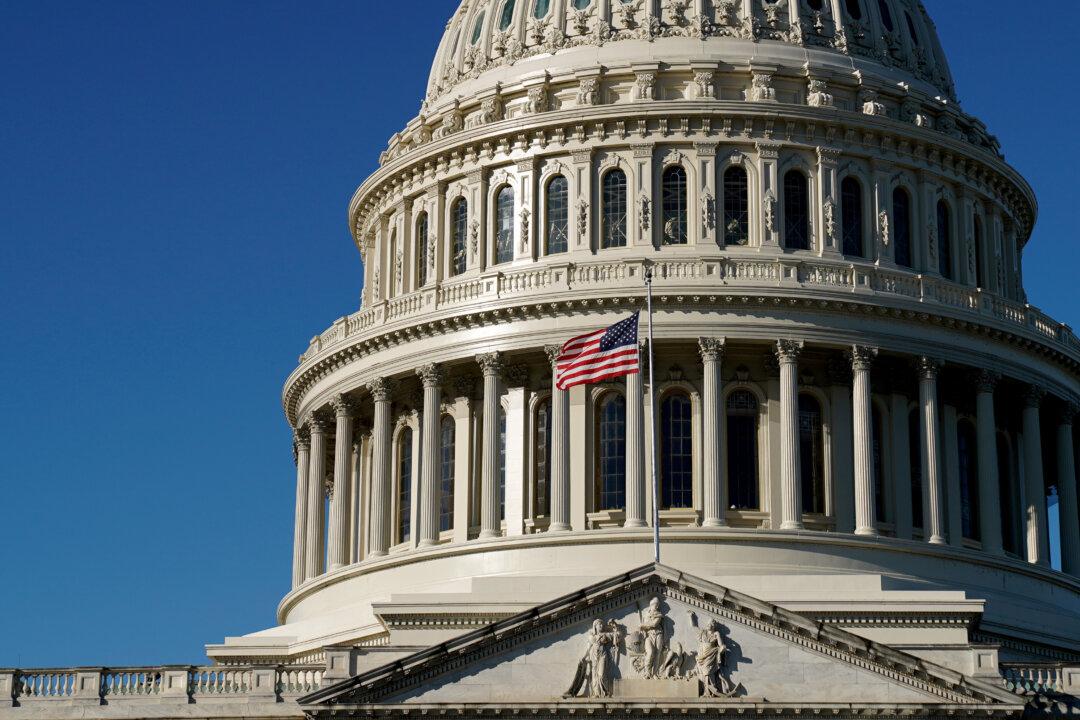Republicans on the Senate Banking Committee plan to introduce an amendment to the $1.9 trillion CCP virus relief bill to kill funding for five transit projects that collectively would cost more than $175 million, The Epoch Times has learned.
The five projects were added in the 11th hour of House consideration of the gigantic bill that was approved by House Democrats in the late hours of Feb. 26, on a 219–213 vote. Two Democrats voted against the proposal, along with every House Republican.





